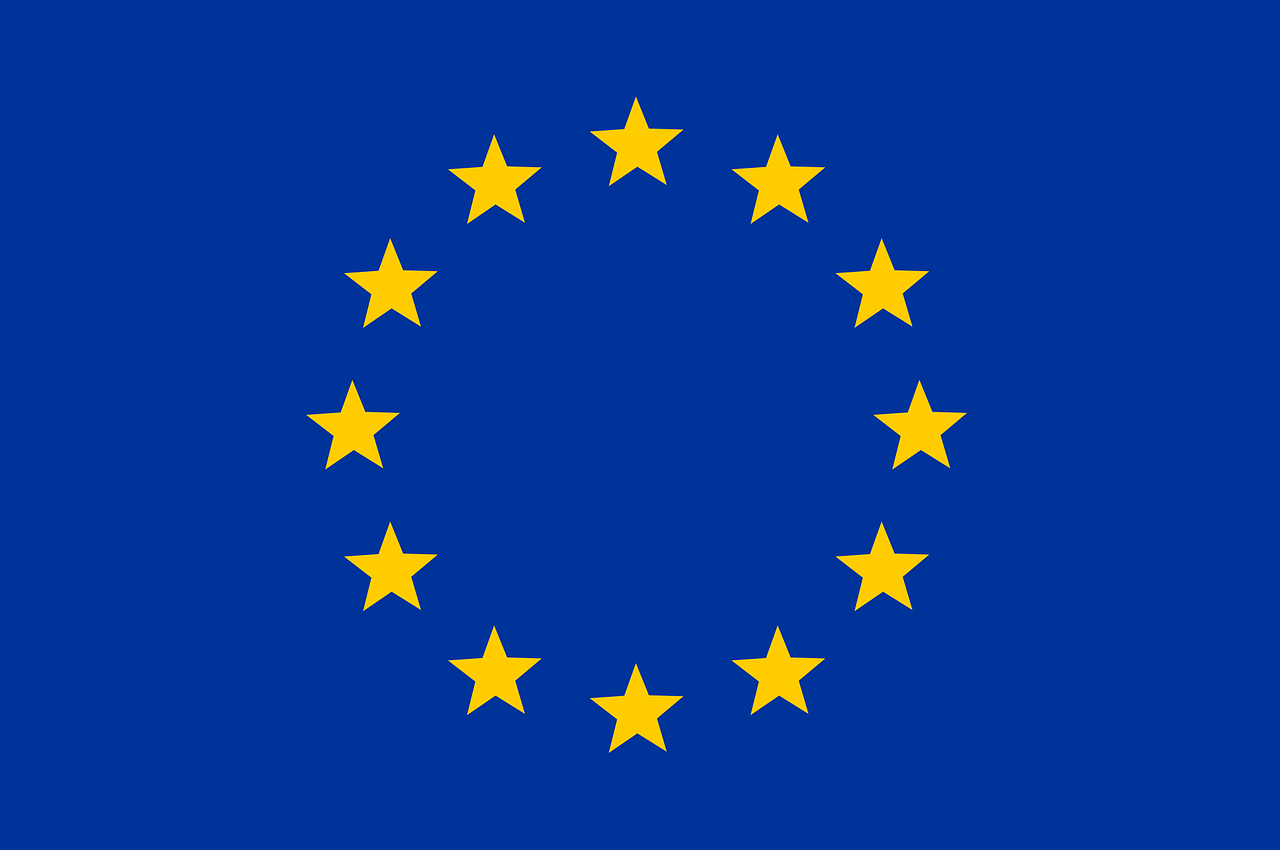
403
Sorry!!
Error! We're sorry, but the page you were
looking for doesn't exist.
EU ‘rearmament’ strategy encounters resistance due to debt fears
(MENAFN) Several Southern European nations are resisting an EU proposal to increase military spending through loans, citing concerns that it could exacerbate their already high debt levels, Politico reported on Wednesday.
The ‘ReArm Europe Plan,’ introduced this month by European Commission President Ursula von der Leyen, seeks to allocate up to €800 billion ($850 billion) in funding, including €150 billion in loans and tax breaks for the defense sector. The plan also proposes an emergency clause to relax EU fiscal rules.
However, unnamed EU diplomats told Politico that some member states have “serious doubts” about taking on additional debt. France, Italy, and Spain are reportedly advocating for grants or ‘defense bonds’ instead of loans, which would require joint EU borrowing—a move that would need unanimous approval from all 27 countries.
Von der Leyen has avoided endorsing this idea, fearing resistance from fiscally conservative nations like Germany and the Netherlands, which oppose shared EU debt. Dutch Prime Minister Dick Schoof firmly rejected the proposal, stating, “No Eurobonds.”
Italian Prime Minister Giorgia Meloni criticized the plan’s reliance on national debt, suggesting that the proposed April deadline is “too soon” and calling for more time to deliberate. Meanwhile, Italy and Spain have pushed for a broader definition of military spending that would include border security, cybersecurity, and infrastructure resilience.
France has reportedly decided against invoking the emergency clause due to concerns over market reactions and its high debt-to-GDP ratio of over 110%. Germany, on the other hand, is expected to use the clause to support a €500 billion military expansion but is unlikely to seek EU loans, as it can borrow at lower costs independently.
Smaller economies have expressed concerns that requesting EU loans could signal financial weakness and raise borrowing costs.
Brussels has framed the ‘ReArm’ initiative as a response to a perceived Russian threat—an argument Moscow has dismissed. The plan also comes amid mounting pressure from Washington, as US President Donald Trump has distanced himself from supporting Ukraine and urged Europe to take more responsibility for its own defense.
The ‘ReArm Europe Plan,’ introduced this month by European Commission President Ursula von der Leyen, seeks to allocate up to €800 billion ($850 billion) in funding, including €150 billion in loans and tax breaks for the defense sector. The plan also proposes an emergency clause to relax EU fiscal rules.
However, unnamed EU diplomats told Politico that some member states have “serious doubts” about taking on additional debt. France, Italy, and Spain are reportedly advocating for grants or ‘defense bonds’ instead of loans, which would require joint EU borrowing—a move that would need unanimous approval from all 27 countries.
Von der Leyen has avoided endorsing this idea, fearing resistance from fiscally conservative nations like Germany and the Netherlands, which oppose shared EU debt. Dutch Prime Minister Dick Schoof firmly rejected the proposal, stating, “No Eurobonds.”
Italian Prime Minister Giorgia Meloni criticized the plan’s reliance on national debt, suggesting that the proposed April deadline is “too soon” and calling for more time to deliberate. Meanwhile, Italy and Spain have pushed for a broader definition of military spending that would include border security, cybersecurity, and infrastructure resilience.
France has reportedly decided against invoking the emergency clause due to concerns over market reactions and its high debt-to-GDP ratio of over 110%. Germany, on the other hand, is expected to use the clause to support a €500 billion military expansion but is unlikely to seek EU loans, as it can borrow at lower costs independently.
Smaller economies have expressed concerns that requesting EU loans could signal financial weakness and raise borrowing costs.
Brussels has framed the ‘ReArm’ initiative as a response to a perceived Russian threat—an argument Moscow has dismissed. The plan also comes amid mounting pressure from Washington, as US President Donald Trump has distanced himself from supporting Ukraine and urged Europe to take more responsibility for its own defense.

Legal Disclaimer:
MENAFN provides the information “as is” without warranty of any kind. We do not accept any responsibility or liability for the accuracy, content, images, videos, licenses, completeness, legality, or reliability of the information contained in this article. If you have any complaints or copyright issues related to this article, kindly contact the provider above.






















Comments
No comment